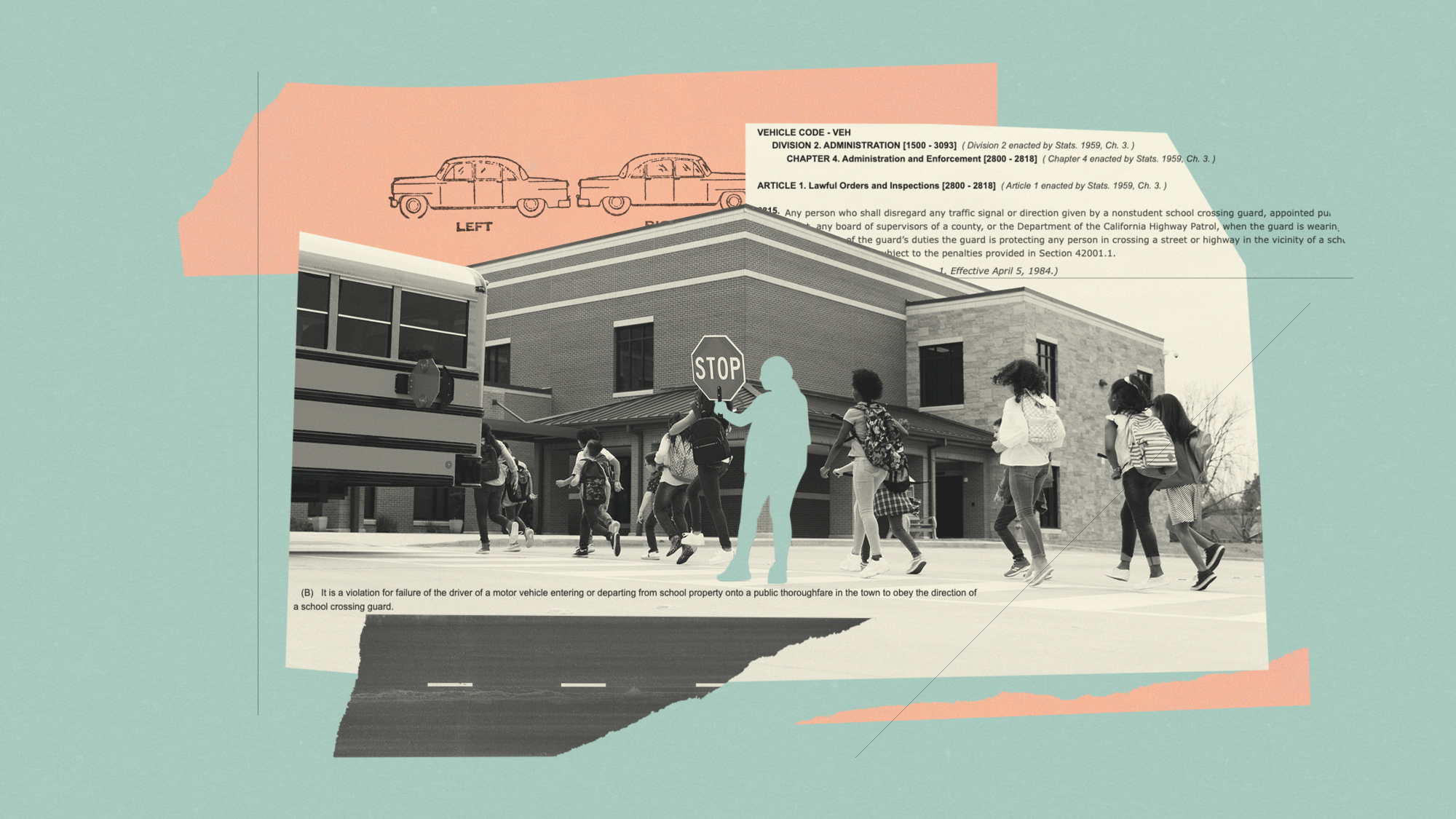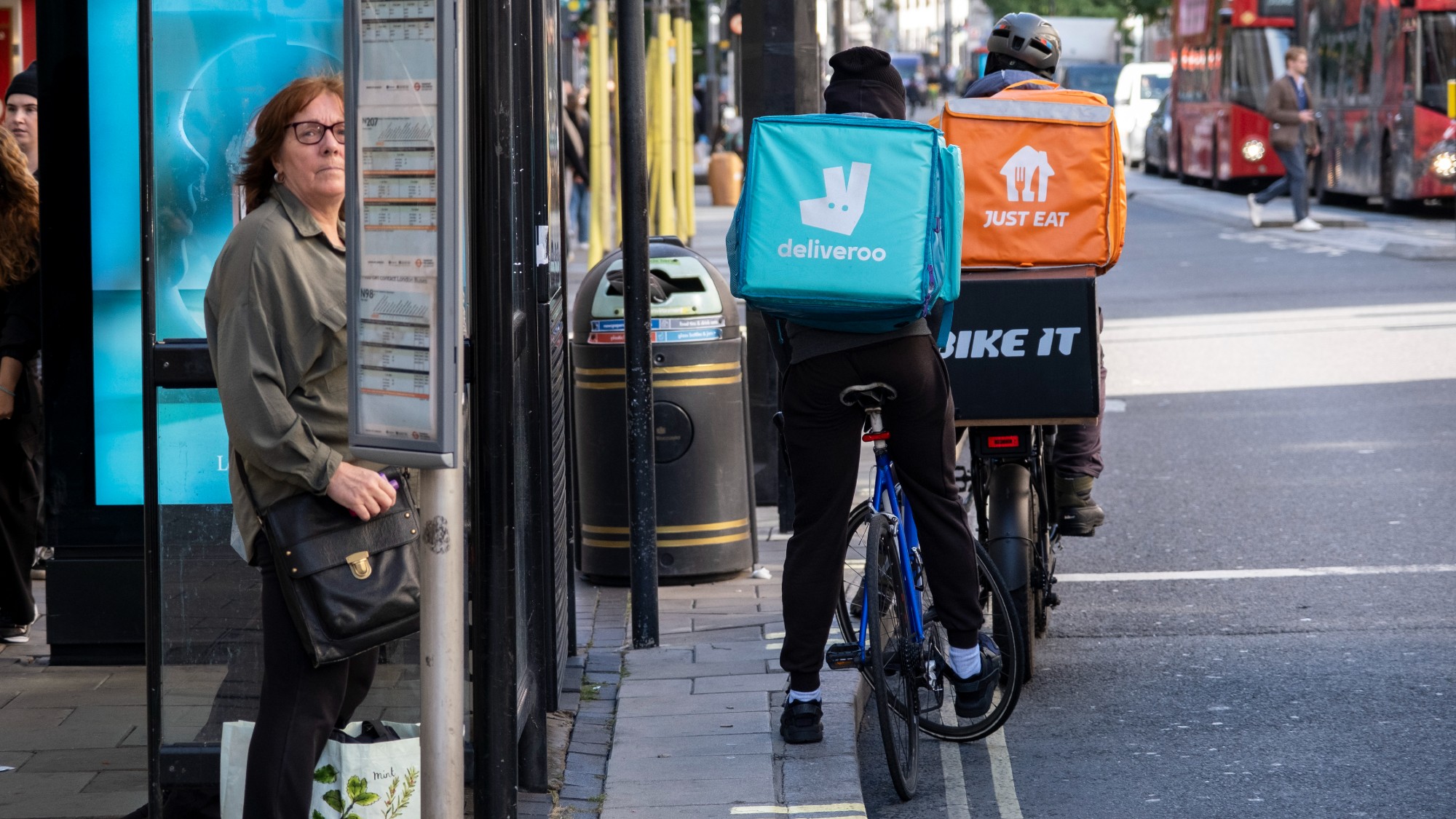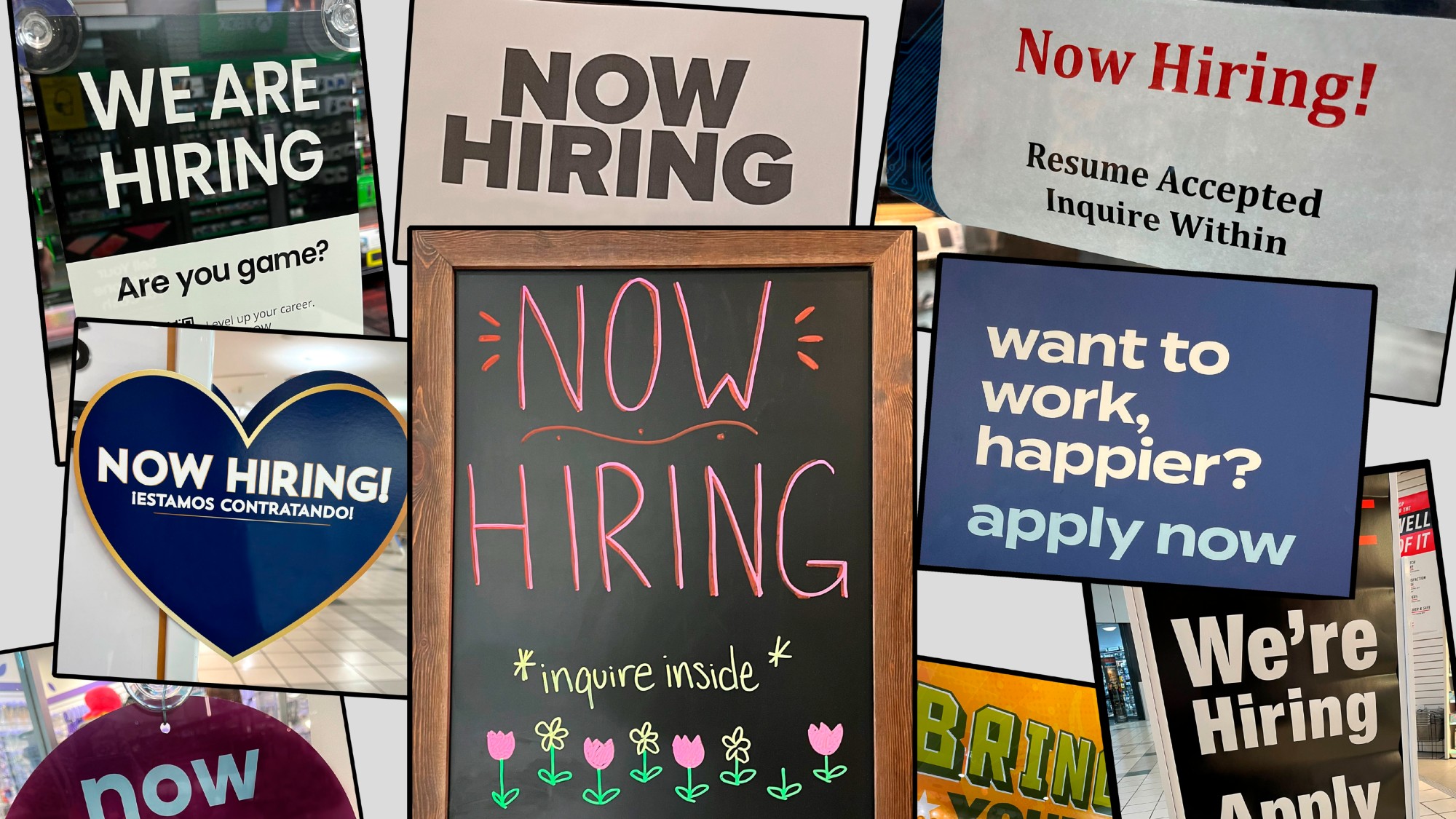‘Working from home is here to stay’, new study reveals
Institute of Directors survey finds that three in four firms plan to continue with increased home-working post-Covid

A free daily email with the biggest news stories of the day – and the best features from TheWeek.com
You are now subscribed
Your newsletter sign-up was successful
Leave the office clothes in the wardrobe, crank up the heating and slip back into your pyjamas, because working from home is “here to stay”, new research suggests.
A survey of 958 company directors by the Institute of Directors (IoD) has found that nearly three-quarters (74%) intend to continue with increased home-working post-coronavirus.
More than half said their organisation intended to reduce their long-term use of workplaces. And more than four in ten of the bosses quizzed for the survey, conducted between 11 and 30 September, “said that working from home was proving more effective than their previous set-up”, the IoD reports.
The Week
Escape your echo chamber. Get the facts behind the news, plus analysis from multiple perspectives.

Sign up for The Week's Free Newsletters
From our morning news briefing to a weekly Good News Newsletter, get the best of The Week delivered directly to your inbox.
From our morning news briefing to a weekly Good News Newsletter, get the best of The Week delivered directly to your inbox.
Roger Barker, director of policy at the business lobby group, said: “Remote working has been one of the most tangible impacts of coronavirus on the economy. For many, it could be here to stay.”
But although there are many positives to working from home, managing teams remotely can prove “far from straightforward” and directors “must be alive to the downsides”, he warned.
Conversely, “the benefits of the office haven’t gone away”, Barker continued. “For many companies, bringing teams together in person proves more productive and enjoyable. Shared workspace often provides employees the opportunity for informal development and networking that is so crucial, particularly early on in a career.
“Looking ahead, it seems more and more companies will take a blended approach to where they work.”
A free daily email with the biggest news stories of the day – and the best features from TheWeek.com
The new survey findings chime with those of a BBC poll in August which revealed that 50 of the biggest UK employers had “no plans to return all staff to the office full-time in the near future”.
A total of 24 firms quizzed by the broadcaster did not have any plans to return workers to the office, but a further 20 had opened their offices for staff unable to work from home.
‘Positive effect’
Meanwhile, research by Cardiff University and the University of Southampton into the effect of homeworking on productivity has found that the results are “largely positive”.
During lockdown, the team conducted three surveys that each included more than 6,000 people across the UK. The research found that almost nine in ten workers wanted to continue with some degree of home-working long-term, while almost half wanted to work from home all the time.
According to Cardiff University student paper Gair Rhydd, “the surveys showed 41% of workers said that they felt as productive working at home in June 2020 as normal. The other 29% reported getting more done at home and the final 30% doing less.”
Professor Alan Felstead of the university’s School of Social Sciences at Cardiff University, said: “What is particularly striking is that many of those who have worked at home during lockdown would like to continue to work in this way, even when social distancing rules do not require them to.
“These people are among the most productive, so preventing them from choosing how they work in the future does not make economic sense. Giving employees flexibility on where they work could be extremely beneficial for companies as they attempt to recover from the impact of Covid-19.”
Mike Starling is the former digital features editor at The Week. He started his career in 2001 in Gloucestershire as a sports reporter and sub-editor and has held various roles as a writer and editor at news, travel and B2B publications. He has spoken at a number of sports business conferences and also worked as a consultant creating sports travel content for tourism boards. International experience includes spells living and working in Dubai, UAE; Brisbane, Australia; and Beirut, Lebanon.
-
 How the FCC’s ‘equal time’ rule works
How the FCC’s ‘equal time’ rule worksIn the Spotlight The law is at the heart of the Colbert-CBS conflict
-
 What is the endgame in the DHS shutdown?
What is the endgame in the DHS shutdown?Today’s Big Question Democrats want to rein in ICE’s immigration crackdown
-
 ‘Poor time management isn’t just an inconvenience’
‘Poor time management isn’t just an inconvenience’Instant Opinion Opinion, comment and editorials of the day
-
 Ski town strikers fight rising cost of living
Ski town strikers fight rising cost of livingThe Explainer Telluride is the latest ski resort experiencing a patroller strike
-
 Employees are branching out rather than moving up with career minimalism
Employees are branching out rather than moving up with career minimalismThe explainer From career ladder to lily pad
-
 Out of office: Microretirement is trending in the workplace
Out of office: Microretirement is trending in the workplaceThe explainer Long vacations are the new way to beat burnout
-
 Being a school crossing guard has become a deadly job
Being a school crossing guard has become a deadly jobUnder the Radar At least 230 crossing guards have been hit by cars over the last decade
-
 Why 'faceless bots' are interviewing job hunters
Why 'faceless bots' are interviewing job huntersIn The Spotlight Artificial intelligence is taking over a crucial part of recruitment
-
 Champagne problems: migrant vineyard workers treated 'like slaves'
Champagne problems: migrant vineyard workers treated 'like slaves'Under the Radar Convictions spotlight the 'exploitation and misery' at the heart of the 'glamorous' industry
-
 How many people are working illegally in the UK?
How many people are working illegally in the UK?The Explainer Government vows 'nationwide blitz' on illicit workforce believed to number in the hundreds of thousands
-
 What is 'career catfishing' and why are Gen Z doing it?
What is 'career catfishing' and why are Gen Z doing it?Under The Radar Successful job applicants are increasingly disappearing before their first day